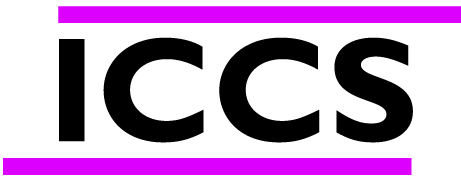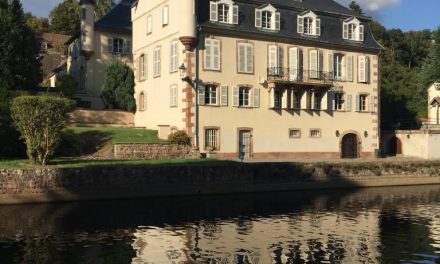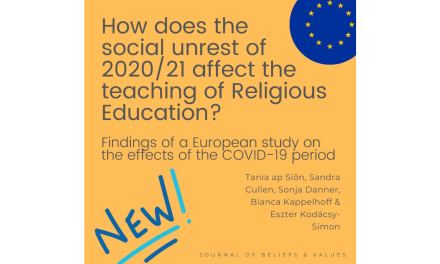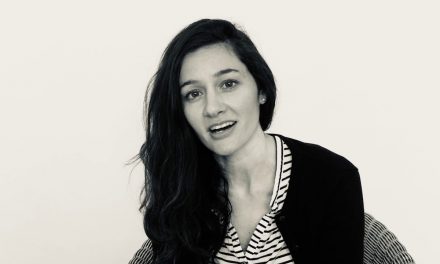Since April 2021, within the framework of the Conference of NGOs at the Council of Europe, an “Interreligious and interconvictional Dialogue” (IRICD) Committee has been set up. While in the European Union there is Article 17, which provides a basis for a dialogue of churches and religious communities with the institutions of the EU, the Committee at the Council of Europe is a novelty in that it tries to reflect the plurality of religious communities in Europe and to show that religious communities can indeed contribute to a peaceful coexistence in a plural society.
One of the most important concerns of the Council of Europe at present is to deal with rising anti-Semitism, Islamophobia and religious intolerance in Europe. The appointment of a Special Representative of the Secretary General in this regard is a strong signal. Similarly, the SASCE ( Safer and Stronger Communities in Europe) project aims in the same direction, namely to protect religious communities and their places of worship from acts of violence and vandalism born of religious intolerance. These European initiatives are mainly aimed at protection and reporting of violent intolerance.
The Council of Europe’s “Interreligious and Interconvictional Dialogue” Committee (IRICD), on the other hand, aims to use the special expertise of religiously and philosophically inspired NGOs to investigate and clarify, what contribution religious or philosophical communities can make to pluralism, or in other words, in what ways and under what legal frameworks non-formal confessional or philosophical education can contribute to living together in plurality.
In concrete terms, this means that in the coming months those educational programmes or initiatives of non-formal educational institutions (churches, religious or worldview organisations) that aim to combat religious intolerance, discrimination, hate speech and the like will be screened and evaluated. Special attention will be paid to programs that claim to have a general educational mission.
Examples of such programmes are the Diskurslab project of the Ev. Akademie zu Berlin (https://diskurslab.eaberlin.de/) , the FCCW educational programmes with Buddhist background (https://www.compassionandwisdom.org/) or the “deviens un hero” exhibition of the Protestant Youth in Neuwiller/France ( https://www.jeunesse-protestante.fr/# ).
In the current review phase, we are dependent on the cooperation and expertise of our respective networks. This concerns the compilation of such programmes into an general overview, but also the subsequent evaluation. The committee is looking forward to a lively participation from all corners of Europe and will gladly send the questionnaire on request.
Simply contact us by email via Sören Lenz (slenz@cec-kek.be) or Barbara Weber (bweber@cec-kek.be).





